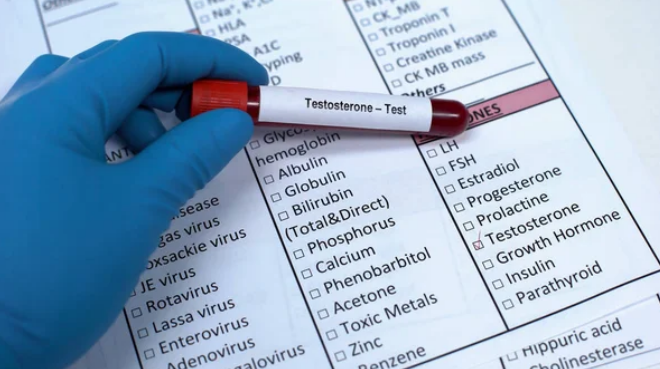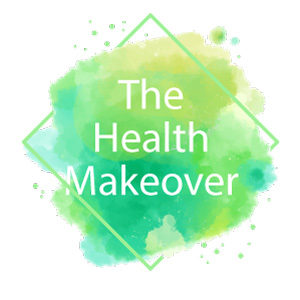
How to Prepare Yourself before Undergoing a Testosterone Test
Are you considering getting a testosterone test? Whether it’s for medical reasons or simply out of curiosity, being prepared is key to ensuring accurate results. Before you roll up your sleeves and head to the lab, take a moment to read through these essential tips on how to prepare yourself before undergoing a testosterone test. Of course, an at home testosterone test is still one preferred option. But still, preparation is key here. From fasting requirements to medication instructions, we’ve got you covered.
Follow Fasting Requirements
When preparing for a testosterone test, following fasting requirements is crucial. Most healthcare providers recommend fasting for at least 8 hours before the test. This means no food or drink, except water, during this period. Why is fasting necessary? Well, certain foods and beverages can affect the results of your testosterone levels. By abstaining from eating and drinking (aside from water), you ensure that your body’s natural hormone production won’t be influenced by what you’ve consumed recently. It’s important to note that even seemingly innocent items like coffee with creamer or a glass of juice in the morning can interfere with accurate results.
Avoid Strenuous Exercise

When preparing for a testosterone test, it is essential to avoid engaging in strenuous exercise. While regular physical activity is generally recommended for maintaining overall health and well-being, intense workouts can affect the results of your testosterone levels. Engaging in high-intensity exercise before a testosterone test can cause temporary fluctuations in hormone levels. This means that if you have recently completed an intense workout session, it could skew the results of your blood work. So, it’s best to take it easy and refrain from any vigorous activities at least 24 hours before the test. Instead of hitting the gym or going for a long run right before your appointment, opt for light exercises like walking or gentle stretching. These activities will keep you active without putting excessive strain on your body.
Review Medication Instructions
When preparing for a testosterone test, it’s crucial to review any medication instructions you may have received. This step is often overlooked but can significantly impact the accuracy of your results. Each medication has its guidelines and potential effects on hormone levels, so it’s essential to know how they could affect your test. Start by gathering all the medications you take regularly or occasionally. This includes prescription drugs, over-the-counter medications, and even herbal supplements. Take note of their names and dosages, as this information will be helpful when discussing with your healthcare provider. Next, carefully read through the instructions provided with each medication. Pay attention to any warnings about potential interactions or interference with hormone tests.
Limit Alcohol Consumption

Alcohol is a standard part of many social gatherings and celebrations, but it’s important to remember that excessive drinking can have negative effects on your testosterone levels. Before undergoing a testosterone test, it’s essential to limit your alcohol consumption. When you consume alcohol, it can interfere with the production and regulation of hormones in the body, including testosterone. Excessive drinking has been linked to decreased testosterone levels in both men and women. Moreover, alcohol can also lead to dehydration, which can affect blood volume and potentially impact hormone concentration in the bloodstream. This could possibly skew the results of your testosterone test. To ensure accurate results from your testosterone test, avoid consuming alcoholic beverages for at least 24-48 hours before the test. This will allow enough time for any potential effects on hormone levels to subside.
By taking these steps beforehand, you actively contribute to a successful testosterone test outcome. So, take charge of your health and ensure you’re properly prepared for this critical assessment. Stay proactive in managing your well-being by being informed and knowledgeable about the necessary preparations for any medical tests or procedures. Your dedication will pay off as it ensures accurate results and helps guide appropriate treatment plans if needed. So go ahead – take that step towards understanding more about your hormonal balance through a testosterone test. Remember, knowledge empowers us all.

